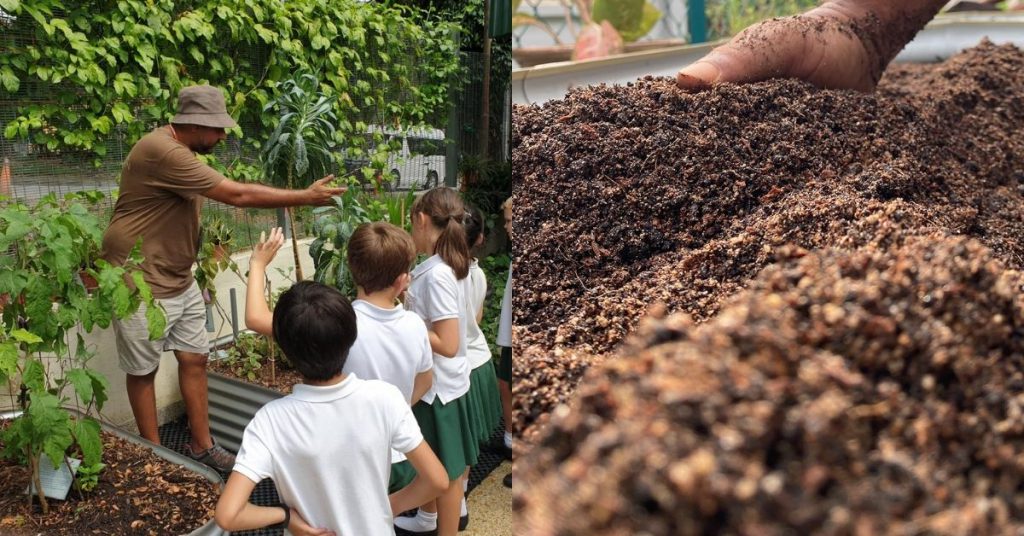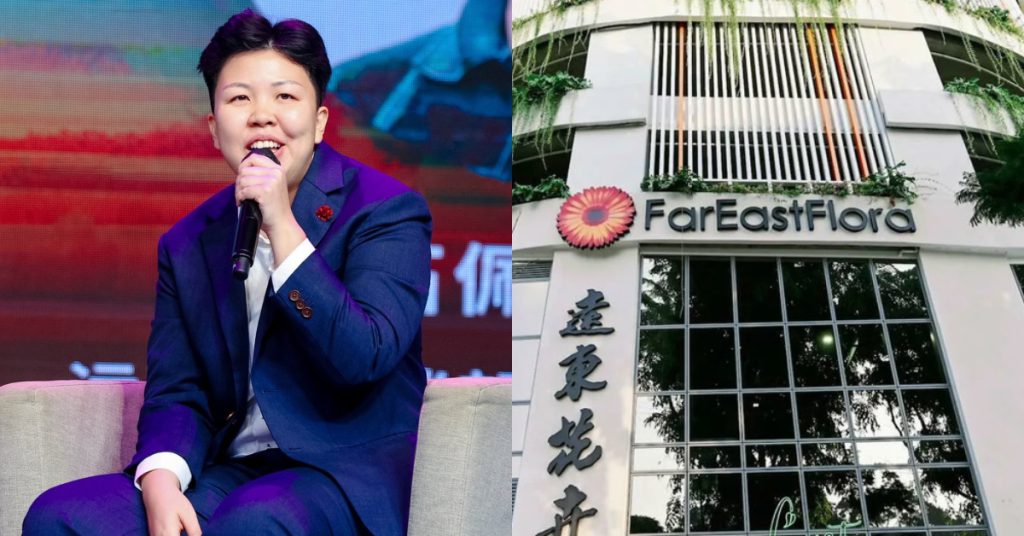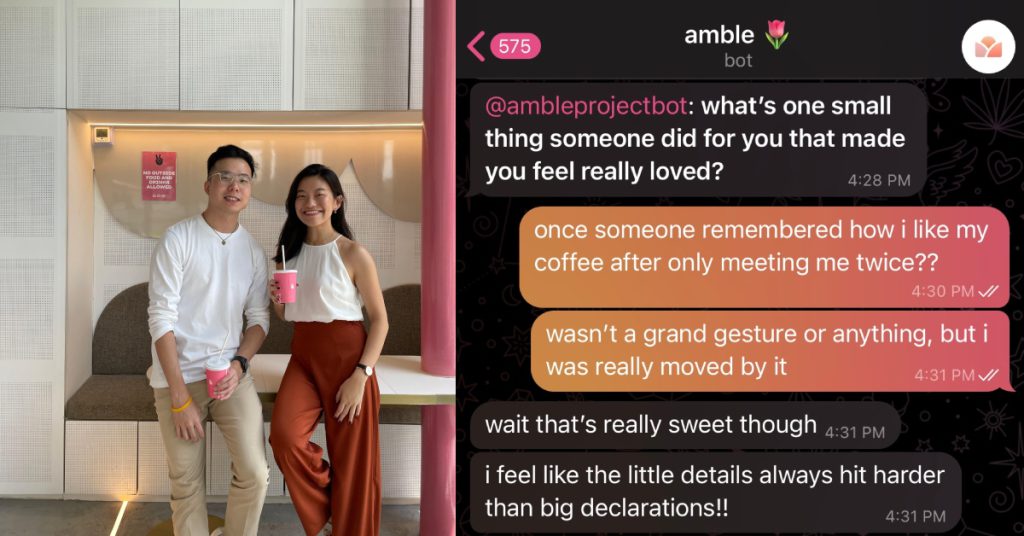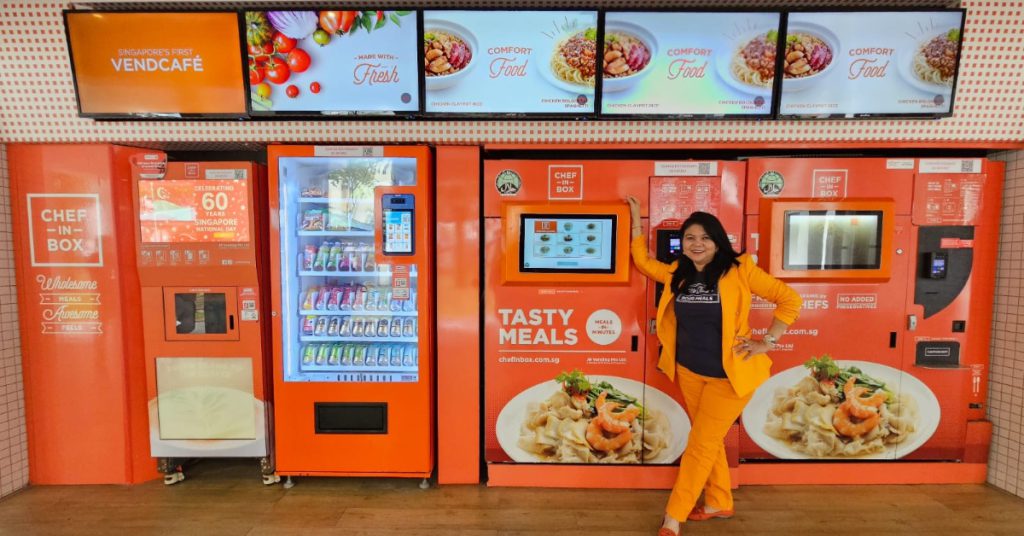For many these days, plants are the new pets. It’s no wonder that we’re seeing more local IG plant shops popping up these days, pointing to growing demand amongst Malaysians.
But having our plants suddenly die on us despite taking great care of them (or so we think) is a common occurrence. We usually blame it on our lack of a green thumb, insufficient or excess sunlight, poor watering habits, etc. but rarely come to the root of the problem (pardon the pun).
Sunlight and the recommended amount of watering can only help so much, but if the very soil that our plants thrive on isn’t healthy, they have little chance of surviving.
And of course, no one soil fits all, which was something the Ground Control team had figured out since 2017.
Catering to as many plants as possible
Ground Control boasts a variety of soils, for good reason. “Not all environments are the same,” Harbir Gill, founder of Ground Control explained to Vulcan Post.
“For example, when you try to grow rosemary and fail, you have to realise what the natural environment of rosemary is—which is in the Mediterranean.” The type of soil in the Mediterranean is relatively well-drained compared to our local soil, which you can’t successfully grow rosemary on.

Another example is if you were to grow plants on the balcony, there will be more breeze which dehydrates the plants quicker. Hence, you’d need a blend that holds moisture better.
The soil sold by Ground Control has prices that range from RM15 to RM25, depending on its use. Information on what each soil is supposed to do is listed in detail on the site, making it easy for even beginners to figure out what would suit their plants.
Encouraging gardening for one’s wellbeing
Although the goal of Ground Control is to help ensure you can grow your herbs, plants, and vegetables successfully with the right soil, Harbir affirmed that they also encourage people to get into gardening for the wellbeing of their mental health and being outdoors.

“The difference between a gardener and a farmer is that a farmer has to fulfill an order whereas a gardener is doing it to fulfill their pleasure,” he explained.
For Harbir, it also started off purely as a hobby. But the more he gardened the more compost he needed, and so he started making it himself.
The passion he had for gardening later translated into giving lessons to teach people how to make their own compost. “At the end of every class, someone would ask me where I got my compost from, and that was how the business started.”
Ground Control had actually been a compost-producing facility since 2011, but became a registered business 6 years later.

More people have time to garden now
If you’re a consumer with absolutely no idea of what kind of soil or nutrients you need, the Ground Control team made it clear to us that they’re prepared to help. You’d just have to tell them what you want to grow, and where you want to grow it.
From there, they’ll guide you through the required soil and nutrients as well as the grow tongs or grow slabs—which are raised galvanised steel or concrete garden beds—if necessary. The latter tools are typically used by those in landed properties with adequate garden space.

These range from RM312 to RM837, depending on how you’d like them to help set up the garden beds.
Over the past 10 years, the Ground Control team has noticed a gradual rise in interest in gardening, but the pandemic catalysed the spike in that progress since people are spending more time at home.
“During the pandemic, we’ve no doubt seen an increase in sales compared to pre-pandemic,” Harbir confirmed, reflecting on the huge rise they’ve been seeing for the past 2-3 months.

Having the right soil is just one step
Most of us are more likely to keep a hawk’s eye on our plant’s health rather than our soil, but the two are just as important.
Harbir advised that the best way to check your soil’s health is to first see if there’s biodiversity in your soil (presence of earthworms, good bugs, etc.) and if your soil is rock hard (the plant’s roots would suffer and it would mean poor drainage too).
“Think of a rainforest, nobody goes in there to fertilise it because a rainforest can produce its own food—thanks to fruits dropping, branches falling, monkeys pooping, etc.”
“Most of the soil in Malaysia is very clay-esque, and hence to replicate the independence of a rainforest to feed itself within its own environment, you’ll need to start adding more organic matter into your soil,” he simplified.

This is where compost would come in handy. Throughout the years, Harbir has conducted paid and complimentary workshops for those who want to learn more about composting.
Ground Control has also worked with community gardens, old folks’ homes, orphanages, etc. to try to educate as many people as they can on composting and the importance of soil nutrition.
Education on these things is an important part of their business as it teaches people more about the circular economy. In the long run, Ground Control wants to be able to make its soil more affordable so that it can be accessed by Malaysians from all walks of life who simply want to grow healthy plants.
Featured Image Credit: Harbir Gill, founder of Ground Control











